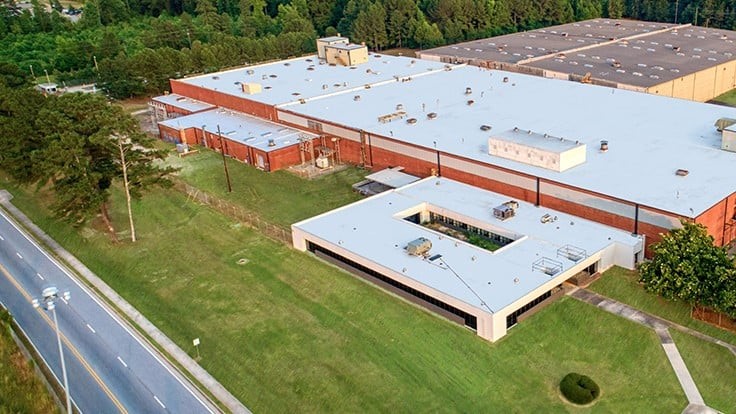Plans are underway for a $43 million Battery Resourcers Recycling Plant in Covington, Georgia. Governor Brian Kemp announced recently that the Massachusetts-based lithium-ion battery recycling and manufacturing company, Battery Resourcers, has chosen Newton County to build its first commercial-scale battery recycling plant, and this facility is expected to become the largest of its kind in North America.
The 154,000 sq Battery Resourcers Recycling Plant is intended for processing up to 30,000 tonnes of disposed lithium-ion batteries and other similar waste products each year; which amounts to about 70,000 new vehicle batteries per year. The discarded battery products will be converted back into battery-grade lithium, cobalt and nickel products, which will be returned into the battery supply chain and sold to the battery manufacturers. The company admitted that its new facility was purposefully set up near several EV manufacturing hubs and lithium-ion gigafactories. According to Michael O’Kronley, the CEO and Director of Battery Resourcers, the project site is a convenient U.S. location, which would give them direct access to their customer base.
Also Read Toyota to construct new US$1.3 billion battery plant in North Carolina
Battery Resourcers Recycling Plant to bring 150 jobs to Newton County
Governor Kemp, was pleased with the new Battery Resourcers Recycling Plant and welcomed the company warmly to Covington. Kemp also said Battery Resourcers was the latest job creator coming into Georgia and he pointed out that the state was able to attract this new development, due to its leadership position in the electric vehicle manufacturing space. The new facility is expected to be completed by August 2022 and will create up to 150 employment opportunities in Newton County.
O’Kronley also pointed out that at the moment, most automotive manufacturers are holding onto large piles of discarded batteries and scrap, without many options for responsible and cost-effective disposal available to them. He said the main goal of this project, was to provide a sustainable solution which would assist in minimizing the need for automotive manufacturers to mine resources and to also return valuable, battery-grade materials back into the lithium-ion supply chain.

